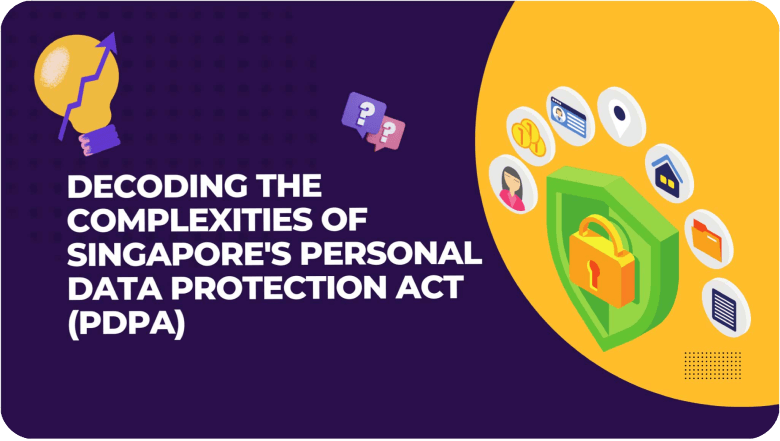

The PDPA sets forth nine crucial data protection obligations that organizations must adhere to. These include obtaining consent for data collection, restricting data usage purposes, informing individuals about their data usage, and guaranteeing data accuracy. Additionally, organizations must protect the data from unauthorized access and leaks, retain it only for a limited period, and refrain from transferring it outside Singapore unless equivalent data protection standards are met.
A unique feature of the PDPA is the establishment of a Do Not Call (DNC) registry. This registry allows individuals to opt out of receiving marketing communications, giving them greater control over their personal information. Organizations must respect this registry and refrain from sending unsolicited messages to those who have registered.
In 2020, the PDPA was revised to include a tenth obligation: data breach notification. This new requirement mandates that organizations must promptly report any data breaches to both the Personal Data Protection Commission and the affected individuals. The amendments also introduced higher financial penalties for non-compliance, further reinforcing the regulatory framework.
For businesses that already comply with the European Union's General Data Protection Regulation (GDPR), adapting to the PDPA's requirements should be relatively straightforward. The two sets of regulations share many similarities, particularly regarding consent and data protection obligations.
One of the main institutions established by the PDPA is the Personal Data Protection Commission (PDPC). This regulatory body is responsible for overseeing and enforcing the PDPA's provisions. The PDPC also issues advisory guidelines to help organizations understand how to comply with the Act. Its role is crucial in maintaining a balanced ecosystem where both businesses and individuals feel secure about data protection.
It's important to note that the PDPA is not the only legislation in Singapore that addresses data protection. Other sector-specific laws, such as the Banking Act and the Telecommunications Act, also contain provisions for data protection. Organizations need to be aware of these laws and ensure they comply with all relevant regulations.
The repercussions of failing to comply with the PDPA can be significant. High-profile cases, like the Sing Health data breach in 2018, have resulted in significant fines and reputational damage. The 2020 amendments to the PDPA have introduced even stricter penalties, making it crucial for organizations to take data protection seriously.
While the PDPA provides a strong framework for data protection, compliance can be an overwhelming task for organizations, especially small and medium-sized enterprises (SMEs). The requirements for data consent, protection, and breach notification can be complex and may require significant changes to existing systems. However, various tools and consultancies are available to help organizations become PDPA-compliant. Investing in compliance not only reduces legal risks but also improves customer trust.
Although the PDPA primarily places the responsibility of data protection on organizations, consumers also have a role to play. Being aware of one's rights under the PDPA, such as the right to withdraw consent for data usage, is crucial. Consumers should also exercise caution when sharing personal information and should use the Do Not Call registry to control the type of marketing messages they receive.
As technology advances, so do the challenges associated with data protection. The PDPA is expected to undergo further amendments to adapt to emerging technologies like Artificial Intelligence and Blockchain. Organizations must, therefore, remain agile and continuously update their data protection measures.
One aspect that is often overlooked in the compliance journey is employee training. Employees serve as the initial safeguard in the realm of data protection. Organizations should invest in regular training programs to educate their staff about the importance of data protection and the legal obligations under the PDPA. This not only enhances the organization's compliance posture but also empowers employees to make informed decisions in their daily tasks.
In a world where data breaches and privacy concerns are prevalent, being PDPA-compliant can serve as a significant differentiator for businesses. It communicates to consumers and partners alike that the organization takes data protection seriously. This can be particularly beneficial in competitive markets and can even be a deciding factor for consumers when choosing between different service providers.
Understanding and complying with the PDPA is not just a legal requirement but also an ethical obligation for organizations. It reflects a commitment to ethical business practices and respect for individual privacy. As data becomes an increasingly valuable asset, the importance of robust data protection measures cannot be overstated.